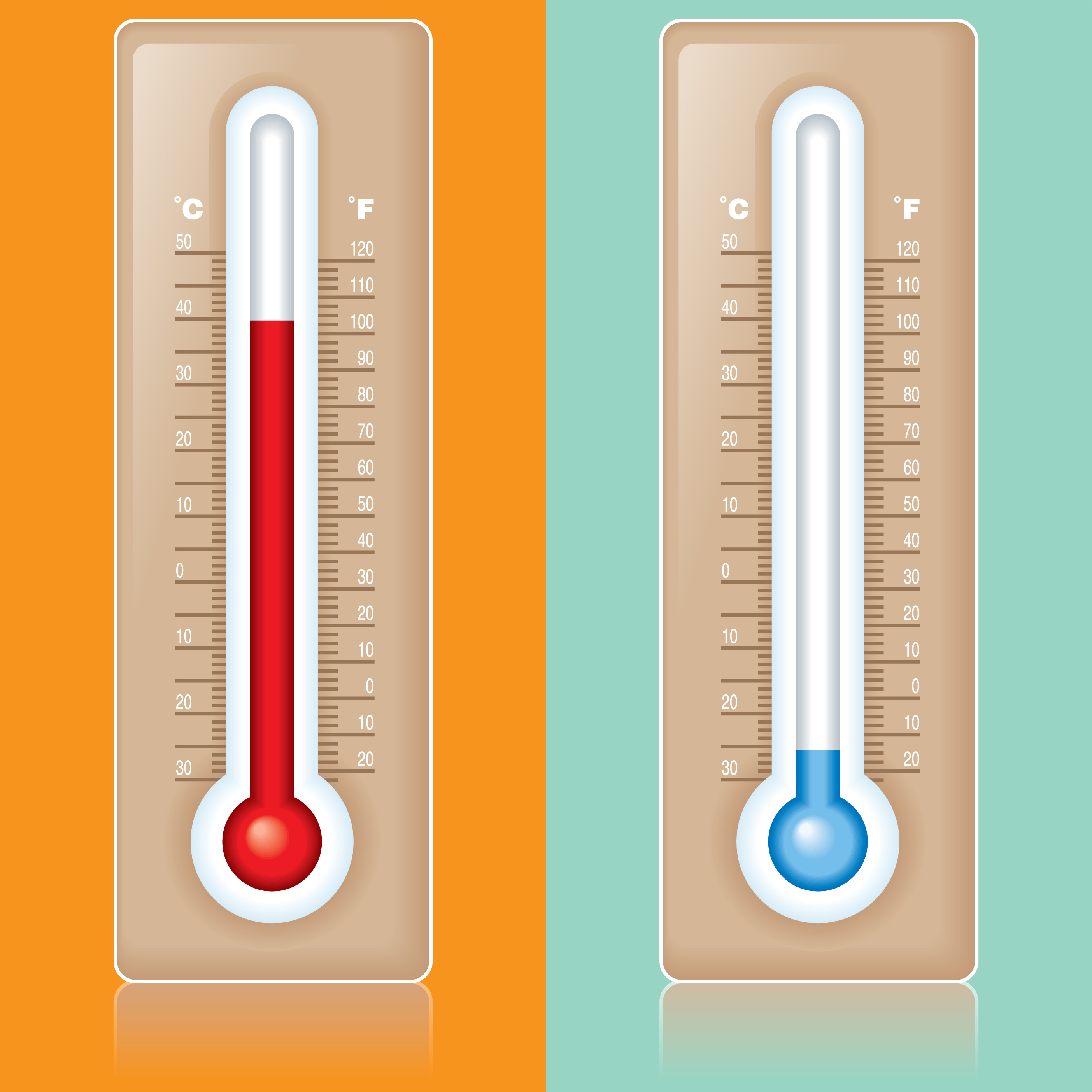

330-452-9911 (Aultman Main)
Patients & Visitors

- Patient Support
- My Experience
- Join Our Grateful Community
- Nondiscrimination & Language Services
- Patient Nutrition
- Patient Portal
- Patient Privacy
- Patient Medical Records
- Patient Rights and Responsibilities
- Patient Welcome Folder
- Tests & Procedures
- Contact Us
- Visitors
- Contact a Patient
- Aultman Anywhere App
- The Shoppes at Aultman
- Visitor Policies
- COVID-19 Information
- Parking and Maps
- Dining Options
- Things to Do
- Insurance and Billing
- Pay My Bill
- Insurance
- Financial Assistance
- Pricing
- FAQs
Services

- Medical Services
- Back & Spine Center
- Birth Center
- Cancer Center
- Critical Care
- Emergency
- Heart & Vascular
- Mental Health Services
- Neurosurgery
- Orthopedics and Sports Medicine
- Stroke
- Surgical Services
- Urology
- Support Services
- AultmanNow
- Aultman Specialty Pharmacy Services
- AultWorks
- Case Management
- Clinical Trials
- Diabetes Education
- Grief
- Home Medical Supply
- Home and Aultman Infusion Services at Woodlawn
- Home Health Care
- Hospice/Palliative Care
- Imaging
- Inpatient Rehab
- Integrated Health Collaborative
- Lab
- MEDS Clinic
- Pain Management
- Security
- Sleep Services
- Spiritual Care
- Therapy
- Urgent Care
- Victims of Violence - Forensic Nurse
- Wound Care
Health & Wellness

About

- Aultman
- About Aultman
- Careers
- Diversity, Equity, Inclusion and Belonging at Aultman
- Newsroom
- Our Policies
- Annual Report
- Community Health Needs Assessment
- Sharon Lane – An American Heroine
- Aultman Corporate Sponsorships & Volunteer Requests
Locations

- Locations
- AultCare
- Aultman Alliance
- Aultman Carrollton
- Aultman College
- Aultman Dover
- Aultman Hartville
- Aultman Hospital
- Aultman Louisville
- Aultman Massillon
- Aultman Medical Group
- Aultman North
- Aultman Orrville
- Aultman Orrville Doylestown Health Center
- Aultman Tusc
- Aultman Tuscarawas Regional Health
- The Aultman Foundation
- Aultman Woodlawn
Schedule an Appointment
*Please fill in all the required fields.
- Home >
- Blog >
- Healthy Living >
-
Heat Stroke - Know the Warning Signs
Menu

Recent Posts
- Why Does Your Child Need a Sports Physical?
- Camping Safety
- All About Scoliosis
- Recipe: Baked Bean Casserole
- Be a Kid Again – Without the Tech!
Archive Posts

Location Finder
Here's your guide to finding any of the facilities in the Aultman family of health services, including maps and contacts.

Need a Doctor?
Aultman's network of providers is committed to high-quality patient care.

Schedule an Appointment
Click below to complete an online form.
Donate Today
You can help support and enhance services, and in turn, help patients and their families who benefit from care received at Aultman.

Heat Stroke - Know the Warning Signs
With temperatures staying high this summer, we all need to be aware of the increased risk for heat stroke and other heat-related illnesses. As people age, they are at an increased risk – and those with chronic health issues are even more at risk – according to the U.S. National Institute on Aging (NIA).
Heat fatigue, heat-related dizziness, heat cramps, heat exhaustion and heat stroke are all forms of hyperthermia. The condition occurs when the body is overwhelmed by heat and is unable to control its temperature. Those who lack access to air conditioning or transportation, who can't move around, wear too much clothing or visit crowded places may be more vulnerable.
Other factors that increase hyperthermia risk include:
- Dehydration.
- Poor blood circulation.
- Less sweat production due to aging.
- Use of multiple medications.
- High blood pressure or other health conditions that require a reduced-salt diet.
- Heart, lung and kidney diseases or other conditions that cause general weakness or fever.
- Being very overweight or underweight.
- Drinking alcohol.
When temperatures, air pollution and humidity spike, older people with chronic health issues like heart disease and diabetes should stay indoors. Those who don't have air conditioning should go to a mall, senior center, library or other cool location.
The NIA reminds us to recognize the warning signs:
- Fever (generally above 104 degrees Fahrenheit).
- Confusion or combativeness.
- Strong, rapid pulse.
- Dry, flushed skin.
- Lack of sweating.
- Feeling faint.
- Staggering.
- Coma.
Anyone who may be suffering from a heat-related illness should be taken to a shady or air-conditioned spot and told to lie down. A cold, wet cloth should be applied to the wrists, neck, armpits and groin to help cool the blood. If the person can swallow, he or she should be given nonalcoholic fluids like water or apple juice. For more information on heat-related illness, especially in the elderly, visit the U.S. Centers for Disease Control and Prevention’s website by clicking here.
SOURCE: U.S. National Institute on Aging

Location Finder
Here's your guide to finding any of the facilities in the Aultman family of health services, including maps and contacts.

Need a Doctor?
Aultman's network of providers is committed to high-quality patient care.

Schedule an Appointment
Click below to complete an online form.
Donate Today
You can help support and enhance services, and in turn, help patients and their families who benefit from care received at Aultman.